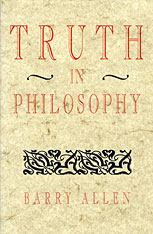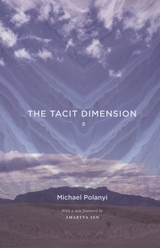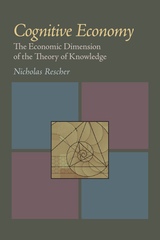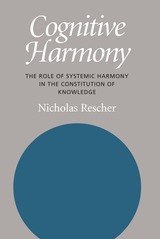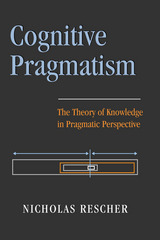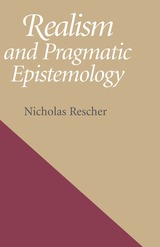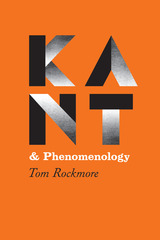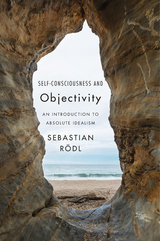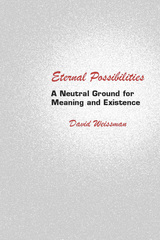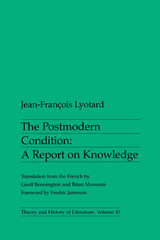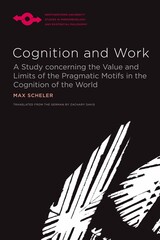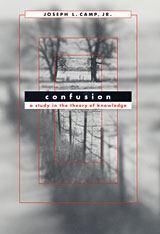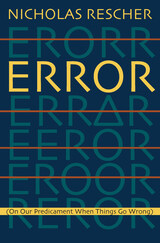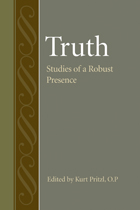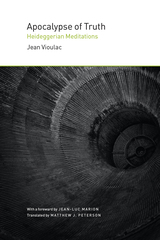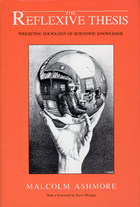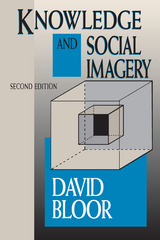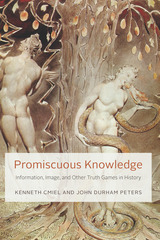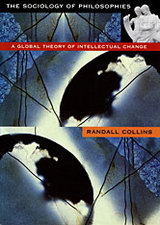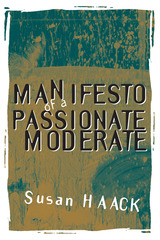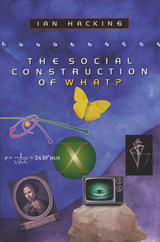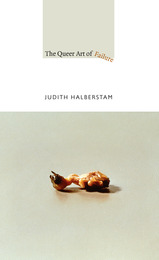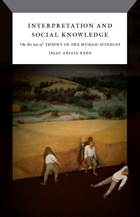Truth in Philosophy
Harvard University Press, 1993
Cloth: 978-0-674-91090-4 | Paper: 978-0-674-91091-1
Library of Congress Classification BD171.A3855 1993
Dewey Decimal Classification 121
Cloth: 978-0-674-91090-4 | Paper: 978-0-674-91091-1
Library of Congress Classification BD171.A3855 1993
Dewey Decimal Classification 121
ABOUT THIS BOOK | REVIEWS
ABOUT THIS BOOK
The goal of philosophers is truth, but for a century or more they have been bothered by Nietzsche’s question, “What is the good of truth?” Barry Allen shows what truth has come to mean in the philosophical tradition, what is wrong with many of the ways of conceiving truth, and why philosophers refuse to confront squarely the question of the value of truth—why it is always taken to be an unquestioned concept. What is distinctive about Allen’s book is his historical approach. Surveying Western thought from the pre-Socratics to the present day, Allen identifies and criticizes two core assumptions: that truth implies a realist metaphysics, and that truth is a good thing.
See other books on: Allen, Barry | Philosophy | Truth
See other titles from Harvard University Press
